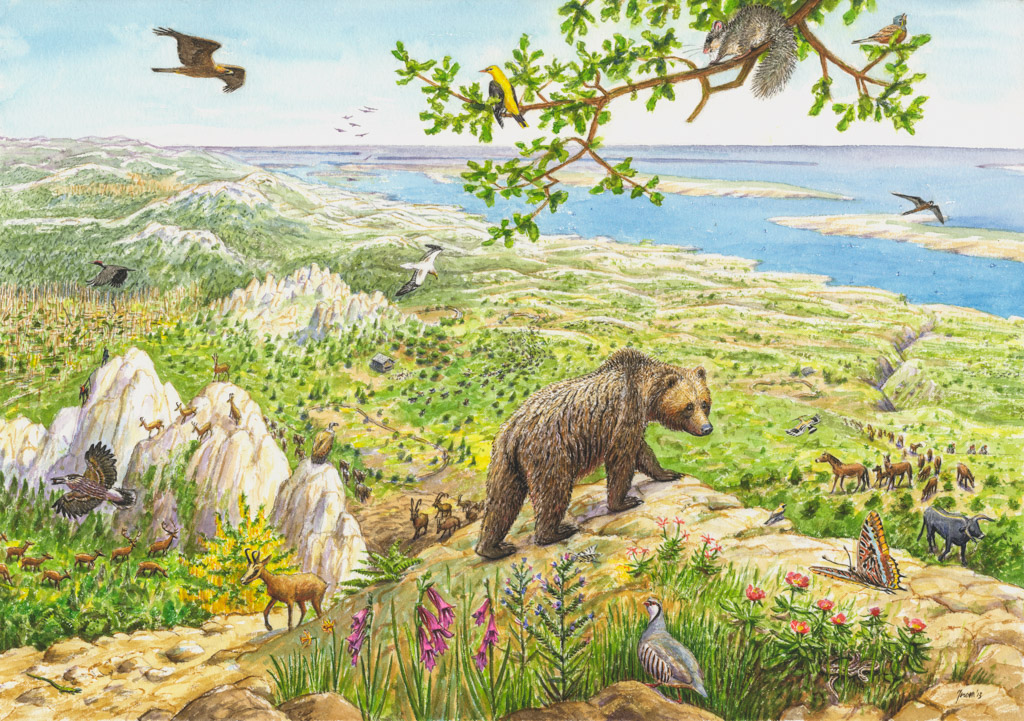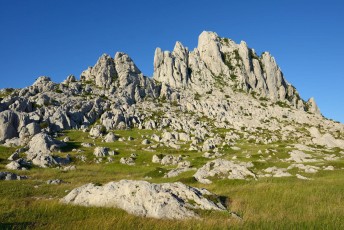
Tulove Grede rock formations, Velebit Nature Park
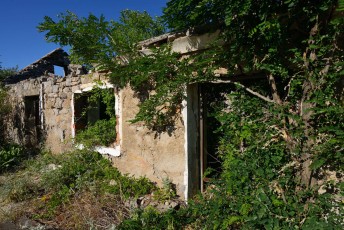
House ruins, abandoned since the Balkan war 1991-1995, Velebit Nature Park
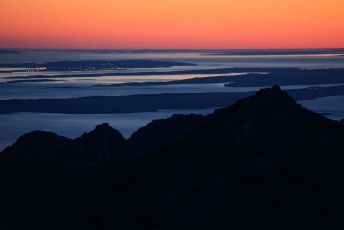
Sunset over the Adriatic sea, Paklenica National Park

Safari tour at Paklenica National Park
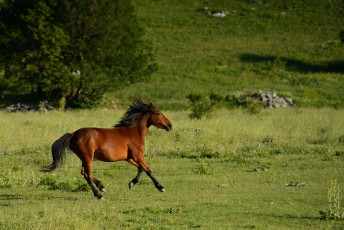
Wild Bosnian mountain horse, Paklenica National Park
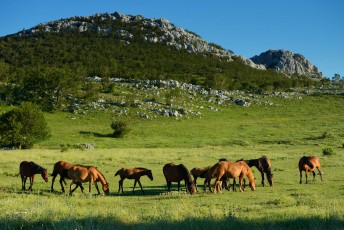
Wild Bosnian mountain horses, Paklenica National Park
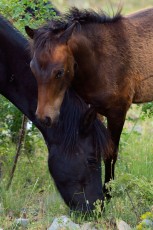
Wild Bosnian mountain horses, Paklenica National Park
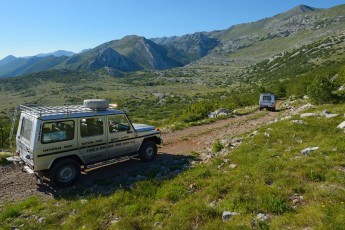
Safari tour operator Velebit Photo Safaris, Paklenica National Park
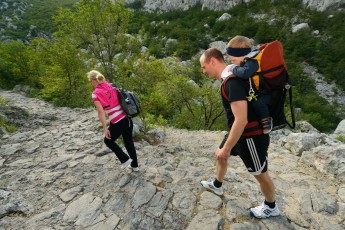
Hikers, Paklenica National Park
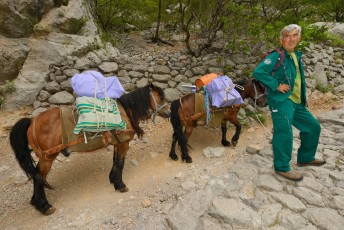
Park ranger with pack mules on the main trail, Paklenica National Park
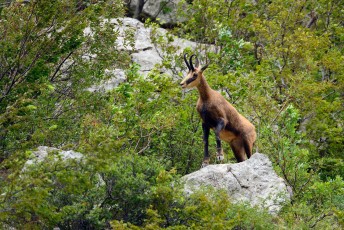
Balkan chamois, Paklenica National Park
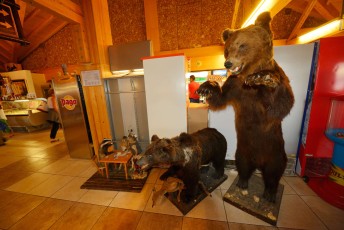
Wildlife is popular as symbols, Velebit Nature Park
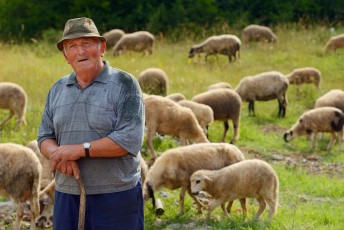
Shepherd, Velebit Nature Park
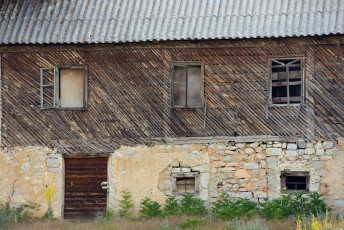
Abandoned house, Velebit Nature Park
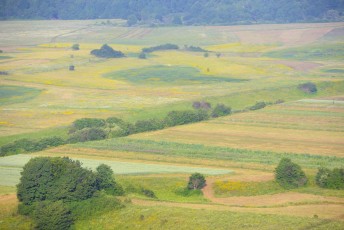
Velebit Nature Park
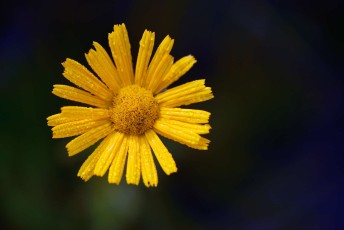
Chrysanthemum, Velebit Nature Park
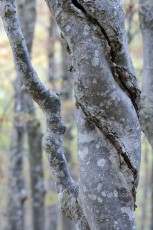
Common hornbeam and beech trees, North Velebit National Park
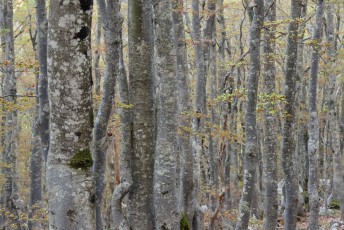
Common hornbeam and beech trees, North Velebit National Park
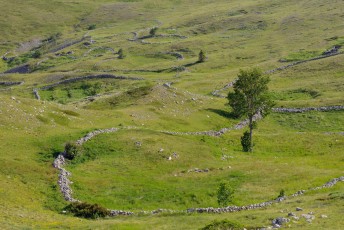
Abandoned grazing lands, now only for summer cottages, North Velebit National Park
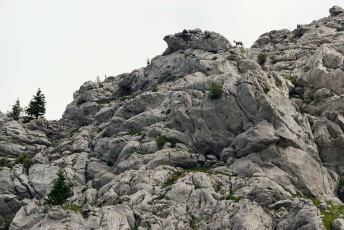
Balkan chamois in North Velebit National Park
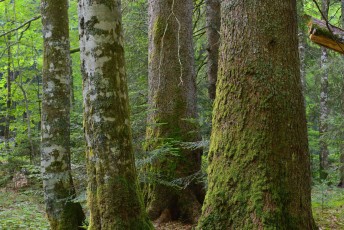
Fir, beech, and spruce in an old-growth virgin forest in a Special Forest Reserve, Velebit Nature Park
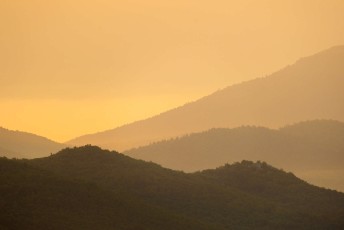
North Velebit National Park
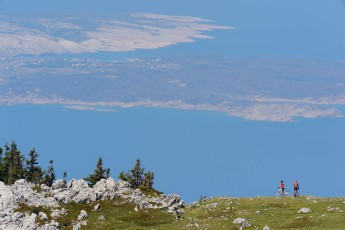
Mountain bikers in a long distance race with goal in Velebit, North Velebit National Park
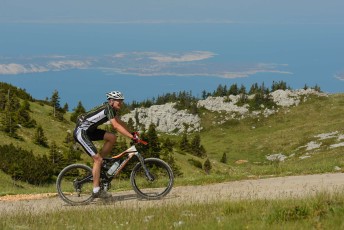
Mountain bikers in a long distance race with goal in Velebit, North Velebit National Park
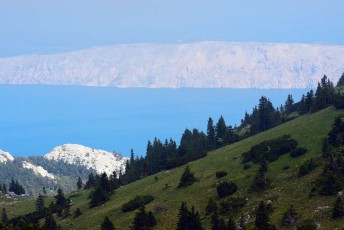
View of the Adriatic Sea, North Velebit National Park
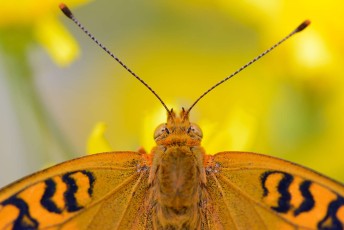
Leptir u Nacionalnom parku Sjeverni Velebit
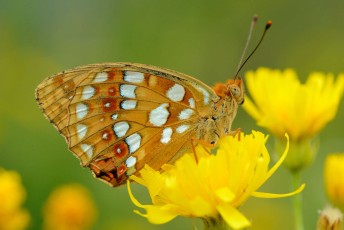
Fritillary butterfly, North Velebit National Park
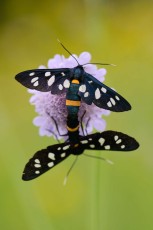
Nine-spotted moth, North Velebit National Park

Chrysanthemum sp., North Velebit National Park

Orange fire lily (Lilium bulbiferum), North Velebit National Park
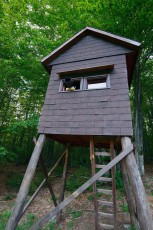
Wildlife watching place, North Velebit National Park
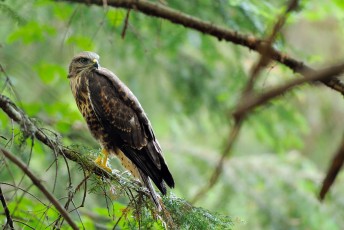
Common buzzard
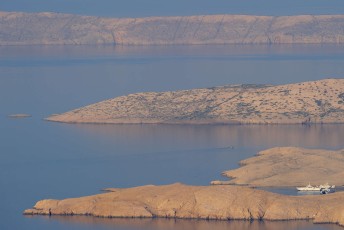
Adriatic coast, Velebit Nature Park
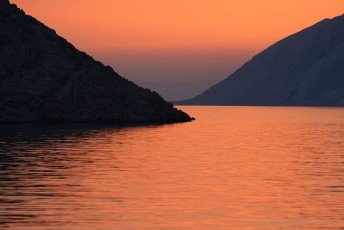
Adriatic coast, Velebit Nature Park
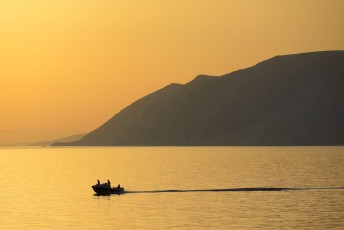
Adriatic coast, Velebit Nature Park
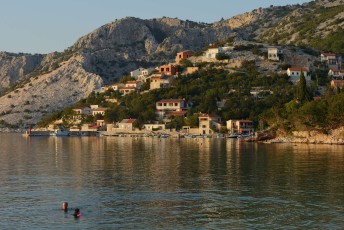
Adriatic coast, Velebit Nature Park
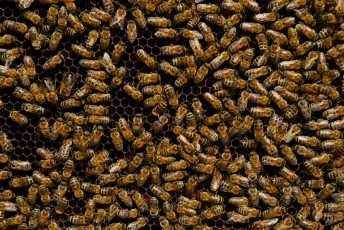
Honey bees (Apis mellifera) in Velebit Nature Park
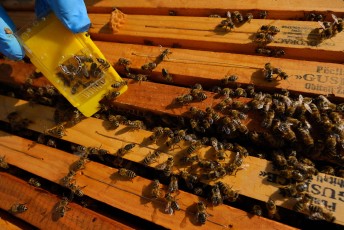
Honey bees (Apis mellifera) in Velebit Nature Park
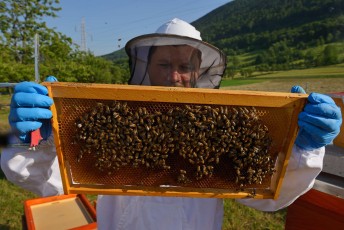
Prize winning bee keeper Sanjin Zarkovic at his bee farm in Melnice, Velebit Nature Park
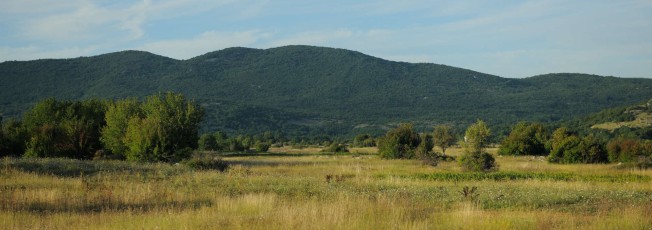
Abandoned farmland, due to globalisation, socio-cultural reasons, and the 1991-1995 war, Velebit Nature Park
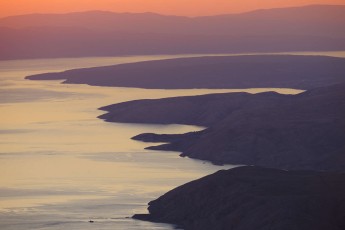
View from North Velebit National Park over island of Krk and Istria peninsula
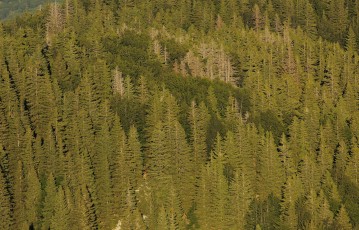
North Velebit National Park
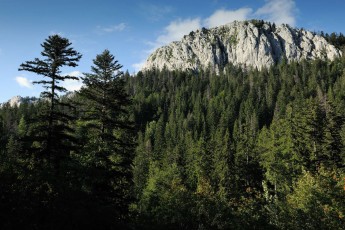
North Velebit National Park
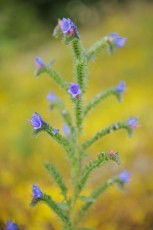
Purple Viper's bugloss (Echium plantagineum), North Velebit National Park
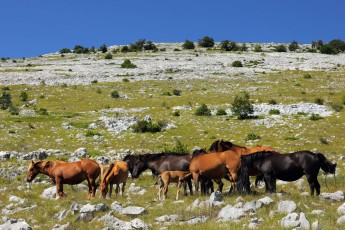
Semi-wild feral horses, Paklenica National Park
